While a $10 bill might seem like a standard piece of currency, some rare and unique examples can be worth far more than their face value. From misprints to unique serial numbers and historical notes, there are many reasons why certain $10 bills are highly sought after by collectors and numismatists. In this article, we’ll explore the world of rare $10 bills and what makes them valuable.
Why Some $10 Bills Are Worth More Than Their Face Value?
This Article Includes
Despite the fact that over 2.3 billion $10 bills are currently in circulation, many of them are simply used for everyday transactions. However, there are certain bills that can be worth thousands, or even hundreds of thousands of dollars, due to their rarity and unique features. These notes typically stand out due to factors like:
- Misprints and Printing Errors: Errors in the printing process can make certain bills extremely valuable.
- Unique Serial Numbers: A bill’s serial number can play a major role in its value, with certain patterns or combinations fetching higher prices.
- Historical Significance: Bills from particular years or with specific features related to historical events can be of great interest to collectors.
Key Features That Make a $10 Bill Valuable
If you want to check whether a $10 bill might be worth more than face value, consider the following features that could indicate a rare find:
1. Replacement Notes (Star Notes)
Star notes are replacement bills issued when a regular note is damaged or misprinted during the printing process. These notes have a star symbol (*) at the end of their serial number and are more collectible due to their rarity. Star notes tend to fetch higher prices compared to their regular counterparts, particularly in good condition.
2. Palindrome Serial Numbers
A serial number that reads the same forwards and backwards—known as a palindrome—can be a valuable find. Collectors often look for these symmetrical patterns, making them a highly sought-after feature in banknotes. Similarly, serial numbers with repeated digits or early serial numbers from the start of a printed year, such as “1” or “4,” can also increase the bill’s value.
Notable Rare $10 Bills
There are several famous $10 bills that have made headlines due to their rarity and astronomical selling prices. Here are a few examples:
1. First Charter National $10 Bills
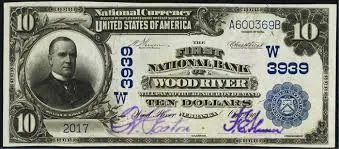
Issued before 1874, these early $10 bills are known for their intricate design, featuring a portrait of Benjamin Franklin and a distinctive red spiked seal. These bills are quite rare, and their value can vary significantly depending on the condition. In poor condition, they may fetch around $650, but in excellent condition, they have sold for more than $13,000.
2. $10 National Gold Bank Notes
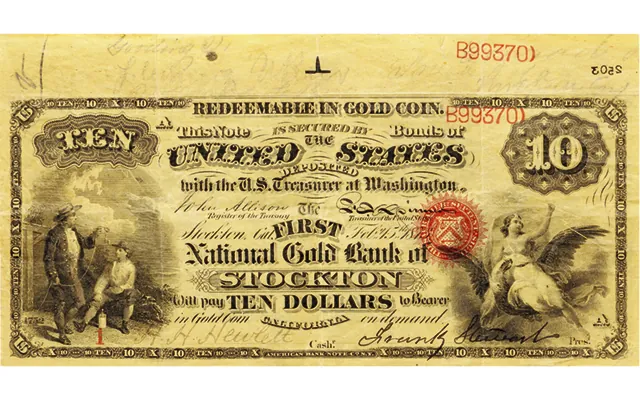
These rare notes were only issued for banks in California and are recognized for their yellowish paper and the famous design of Benjamin Franklin drawing electricity with a kite. Even bills in poor condition are worth at least $1,000, making them an attractive find for collectors.
3. 1882 $10 Brown Back National Bank Notes
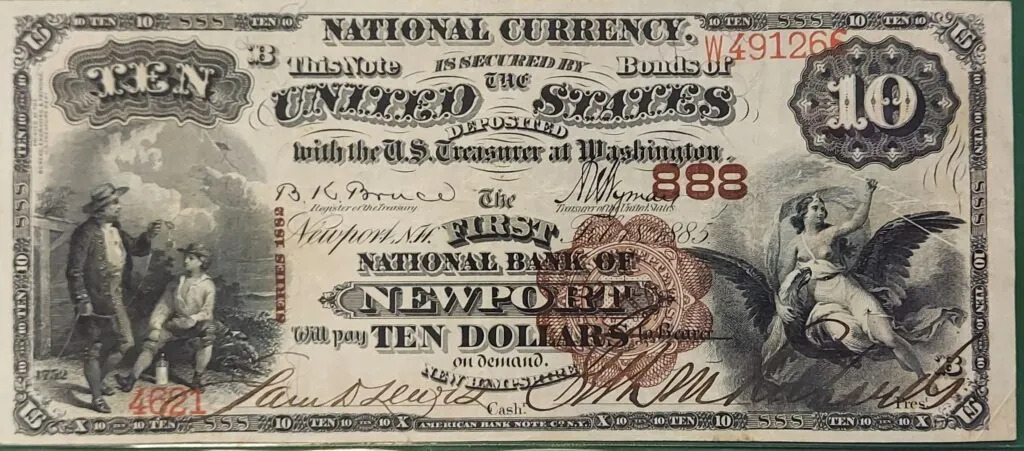
Featuring a brown seal and the same Benjamin Franklin design as the National Gold Bank Notes, these $10 bills were printed on green paper in the traditional style. Well-preserved examples have been known to sell for over $2,000.
Examples of Record-Breaking $10 Bills
Some $10 bills have achieved remarkable prices at auctions due to their rarity, condition, and historical significance. Here are a few examples of the most expensive $10 bills ever sold:
1. 1861 $10 Demand Bill
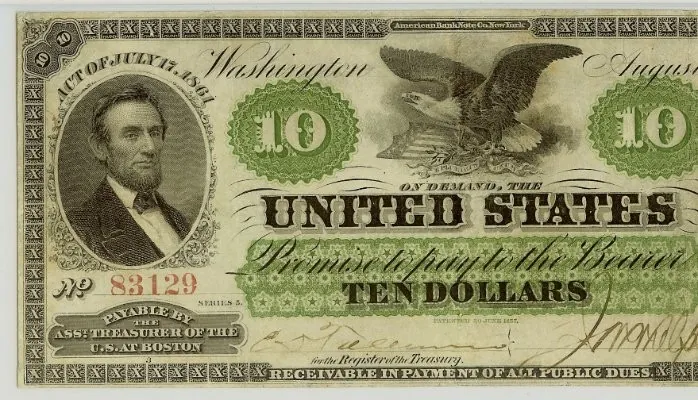
The 1861 $10 demand bill was one of the first $10 paper bills in the U.S. It features a portrait of President Abraham Lincoln along with intricate engravings. This bill, serial number “1,” is one of only a few known to exist and sold for a stunning $381,875 at auction in 2014. Its early serial number makes it a highly sought-after piece of American history.
2. 1878 Triple Signature $10 Silver Certificate
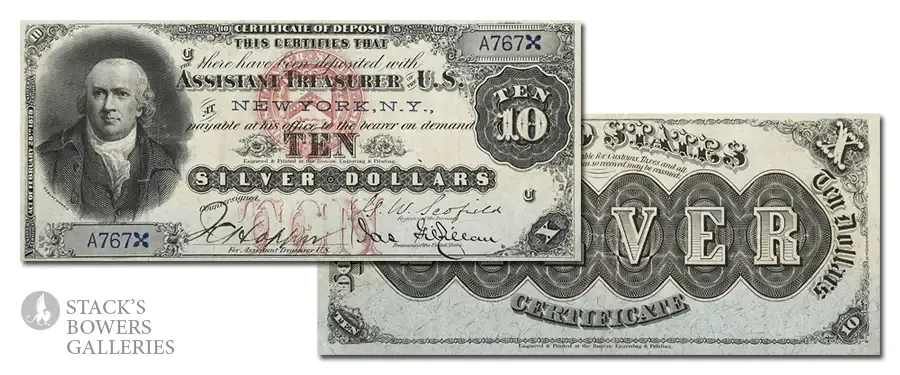
Only four examples of the 1878 $10 silver certificate exist, and they are considered extremely valuable due to their rarity. These bills feature three signatures, making them a unique variation. A recent example sold for $312,000 in 2023, highlighting the significant value collectors place on these historical notes.
3. 1880 Legal Tender $10 Bill
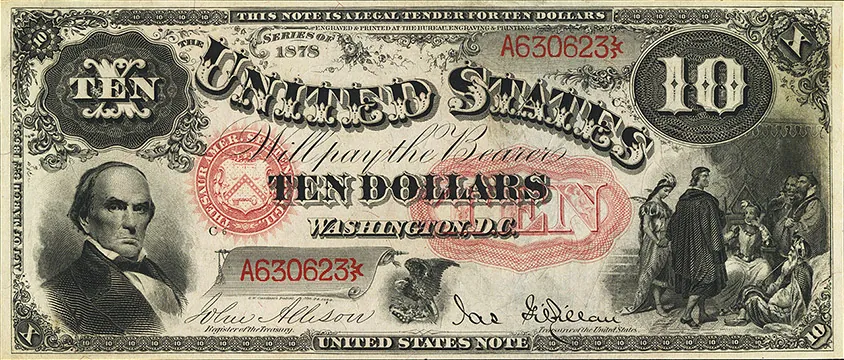
This legal tender note from 1880 is one of only two known examples. It features minimal wear and is highly prized by collectors. The bill sold for $184,000 in 2006, with the second example fetching $74,800 in 1999.
4. 1915 $10 Federal Reserve Bank Note
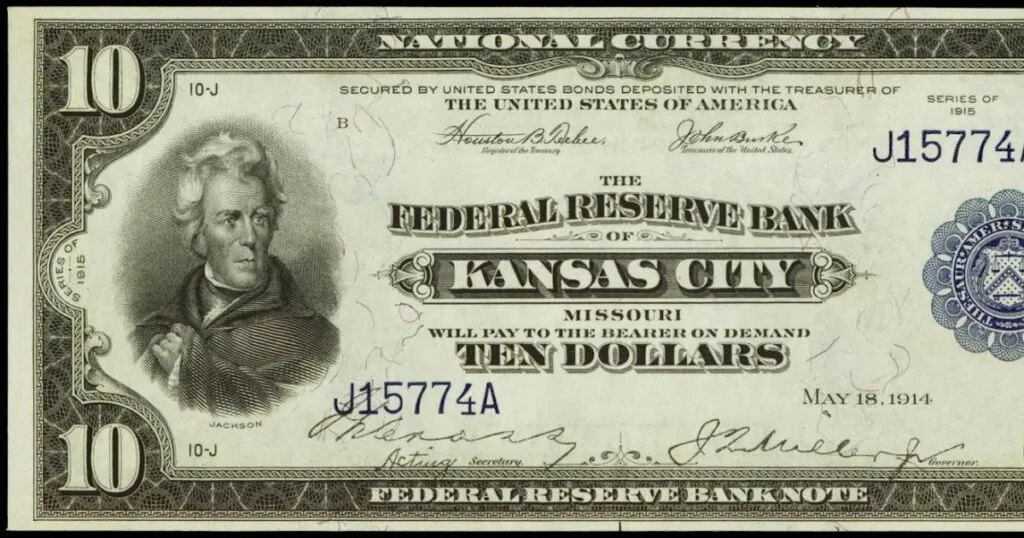
With only 29 known examples, the 1915 $10 Federal Reserve note is one of the rarest bills in existence. Although it is typically listed for sale at $7,000, a well-preserved note could easily sell for over $126,000, making it one of the most valuable $10 bills on the market.
Conclusion
While $10 bills are common in everyday transactions, certain rare examples can fetch extraordinary prices at auctions. Whether due to printing errors, unique serial numbers, or historical significance, these bills can be incredibly valuable to collectors. If you have an old $10 bill, it might be worth taking a closer look—it could be worth far more than you expect!
Also Read:
THIS IS ONLY A BLOG POST FOR INFORMATION – WE DO NOT BUY, SELL, OR APPRAISE THESE ITEMS

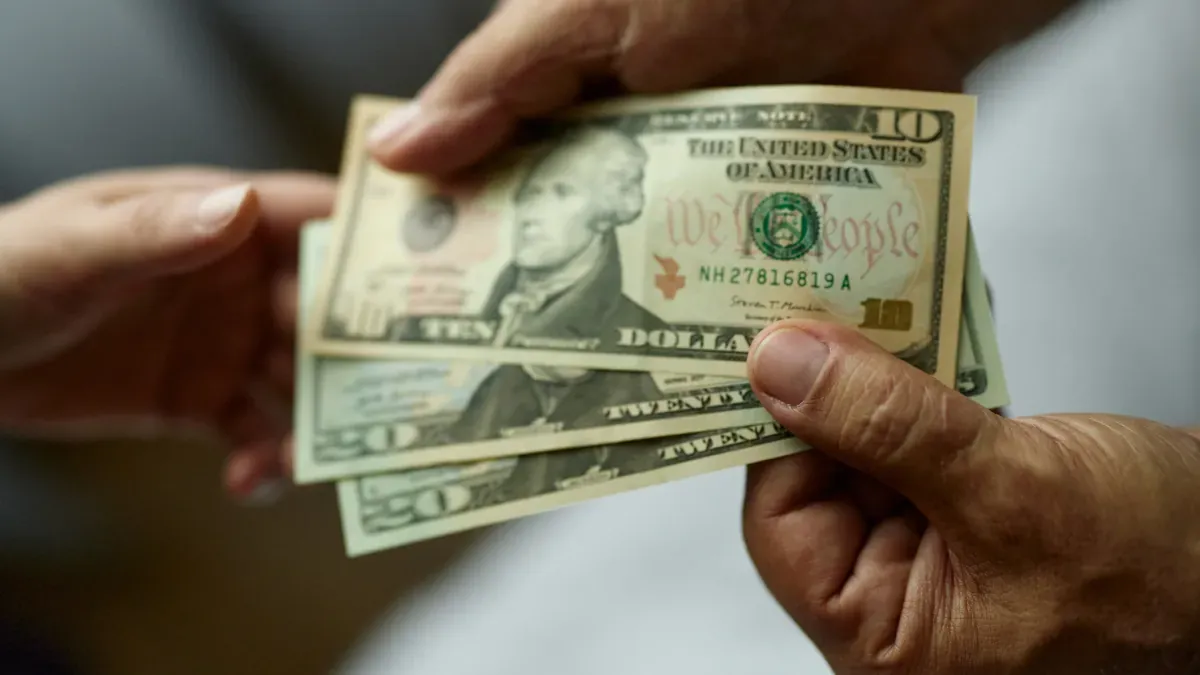



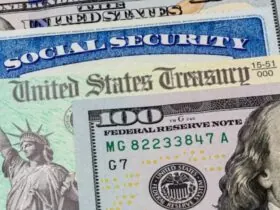

Leave a Reply